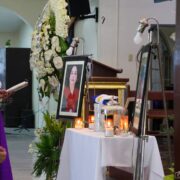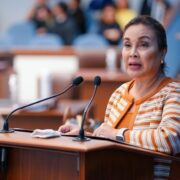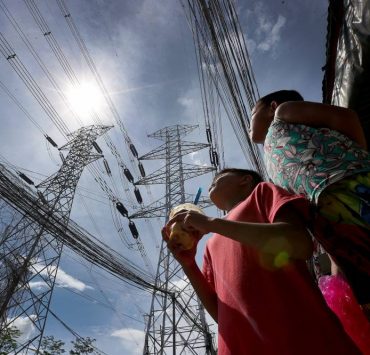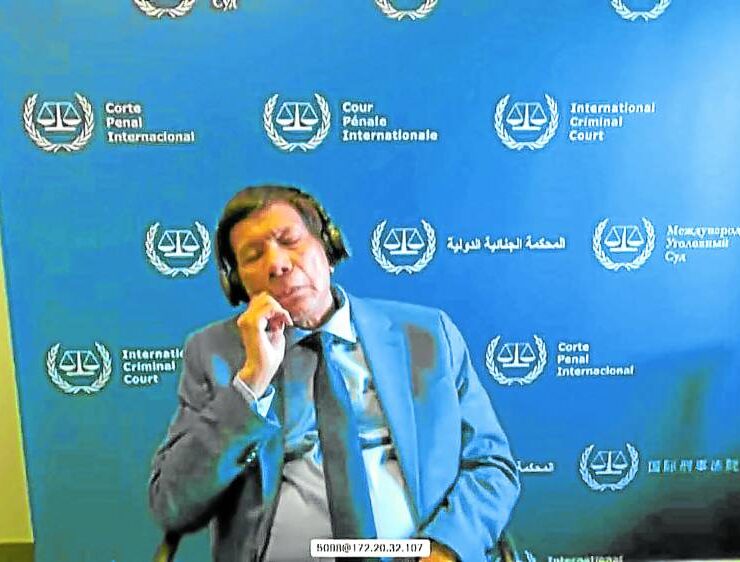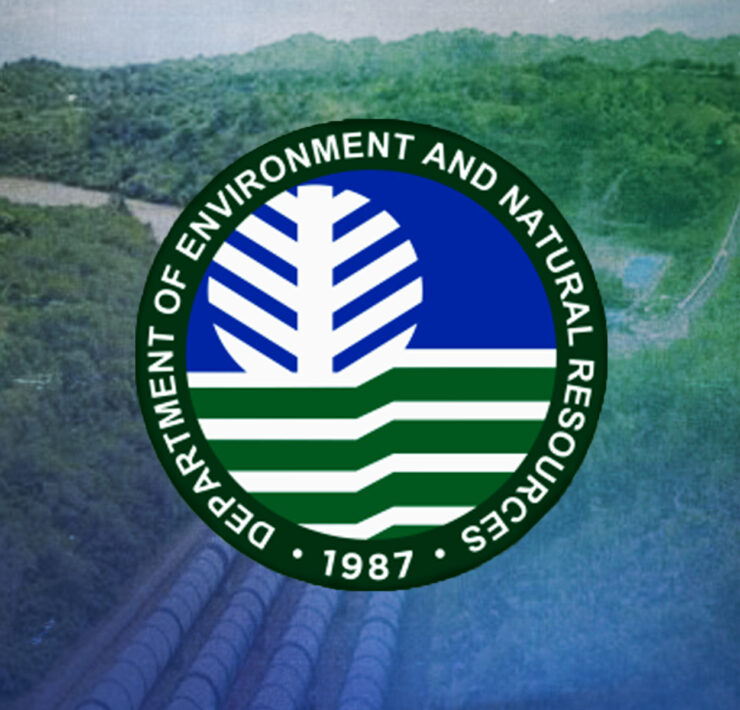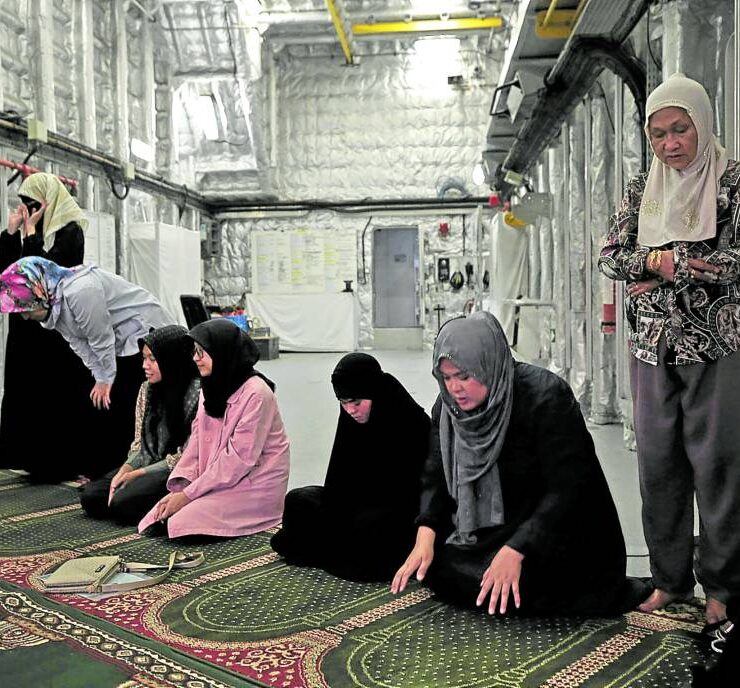SC affirms P258.63-M tax refund for PAL
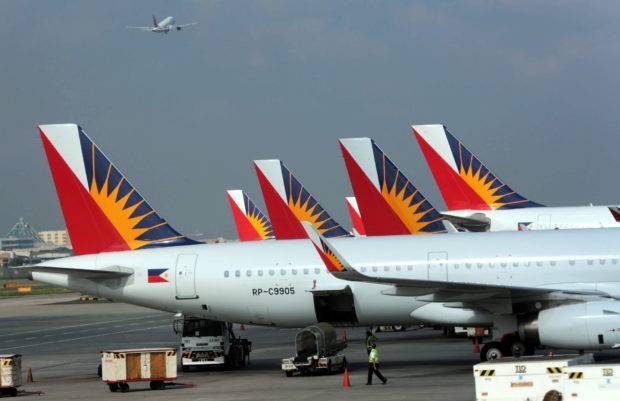
The Supreme Court has affirmed the decision of the Court of Tax Appeals (CTA) ordering the Bureau of Internal Revenue (BIR) and Bureau of Customs (BOC) to refund to a local airline company the P258.63 million in taxes it paid for imported fuel in 2005.
In a decision promulgated on April 1 but made public only recently, the high tribunal’s Third Division said that Philippine Airlines (PAL) could qualify for a tax exemption on its import even if local products were available, as long as these were of subpar quality or significantly overpriced compared to their imported counterparts.
The case stemmed from PAL’s importation of Jet A-1 aviation fuel between April and June 2005.
Under its statutory franchise, the flagship airline is exempted from paying taxes and duties on the importation of aircraft-related items like aviation gas, fuel, and oil, among others, as long as these items are used for PAL’s transport and nontransport operations and are not locally available in reasonable quantity, quality, or price.
Exemption revoked
In January 2003, however, the BIR issued a ruling that revoked its earlier issuance confirming PAL’s exemption.
It declared that PAL’s importations would no longer be tax-exempt “for as long as there is such available domestic supply of petroleum products.”
Between April and June in 2005, PAL imported Jet A-1 fuel and paid the corresponding taxes. It then lodged a request for a refund with the BIR amounting to P258 million. While the appeal remained pending, the airline company filed a judicial claim for a refund before the CTA in 2007, which ultimately granted its request.
In denying the BIR’s petition for review on certiorari, the Supreme Court cited Section 13 (2) of Presidential Decree No. 1590, which laid down the requisites before PAL’s importation could be exempted from taxes.
These conditions were that PAL must have paid its corporate income tax covering the period when the subject importations were made; the imported supplies were for PAL’s use in its transport and non-transport operations; and lastly, the imported supplies are not locally available in reasonable quantity, quality, or price.
The high court noted that the tax exemption was intended to ensure that PAL would be able to keep its operating costs low. Otherwise, high operating costs “would ultimately become the burden of PAL’s passengers and clientele,” it said.
The BIR and BOC, on the other hand, claimed that PAL failed to prove the second and third conditions, an argument which the Supreme Court rejected.
Requirements met
“In this case, even if there had been a sufficient quantity of locally available Jet A-1 fuel as the [BIR commissioner] and the [BOC commissioner] claimed, PAL was able to adduce proof that had it sourced aviation fuel locally between April and June of 2005, it would have paid a significantly higher sum,” it said in the decision penned by Associate Justice Japar Dimaampao.
Citing the CTA’s observation, the high court said the domestic cost of the aviation fuel would have been either P330 million or P564 million more had PAL bought it from either Petron Corp. or Pilipinas Shell Petroleum Corp.
“Hence, even if we were to assume that the [BIR] and the [BOC] were correct in stating that there was sufficient supply of fuel at that time, it would not have been available at a reasonable price to PAL,” the high tribunal said.












